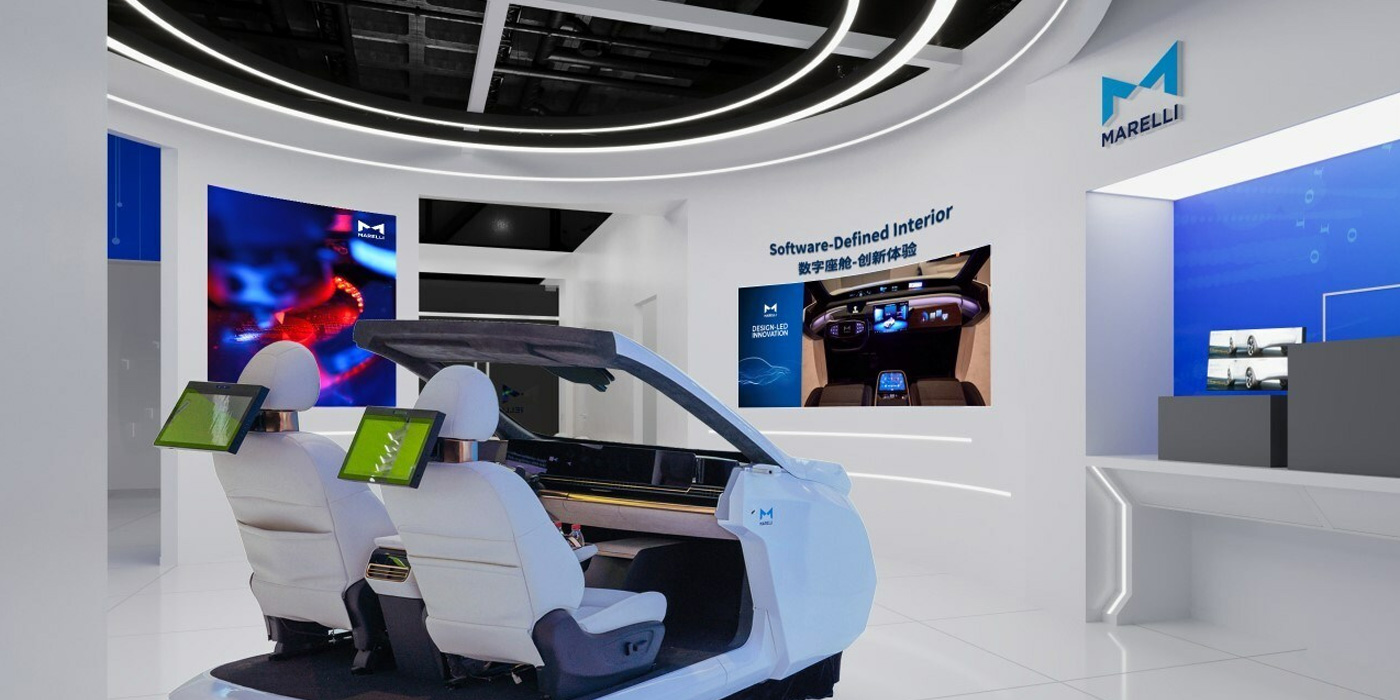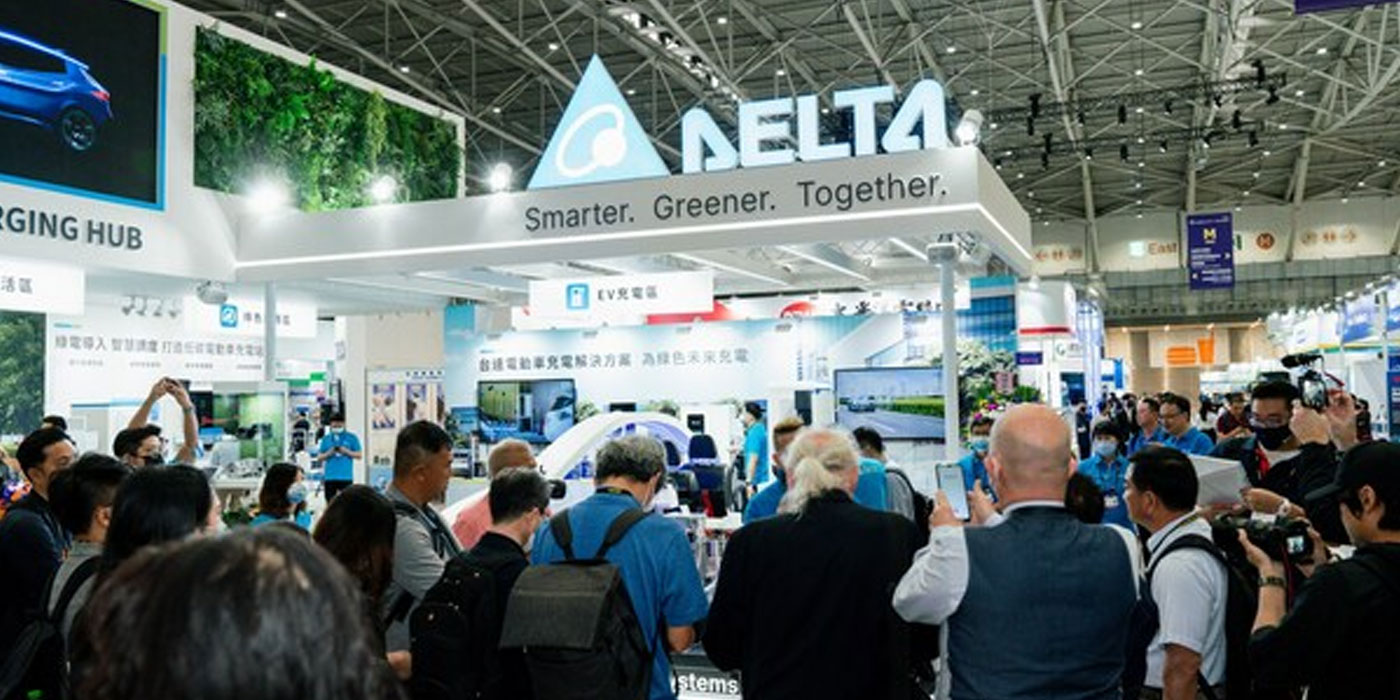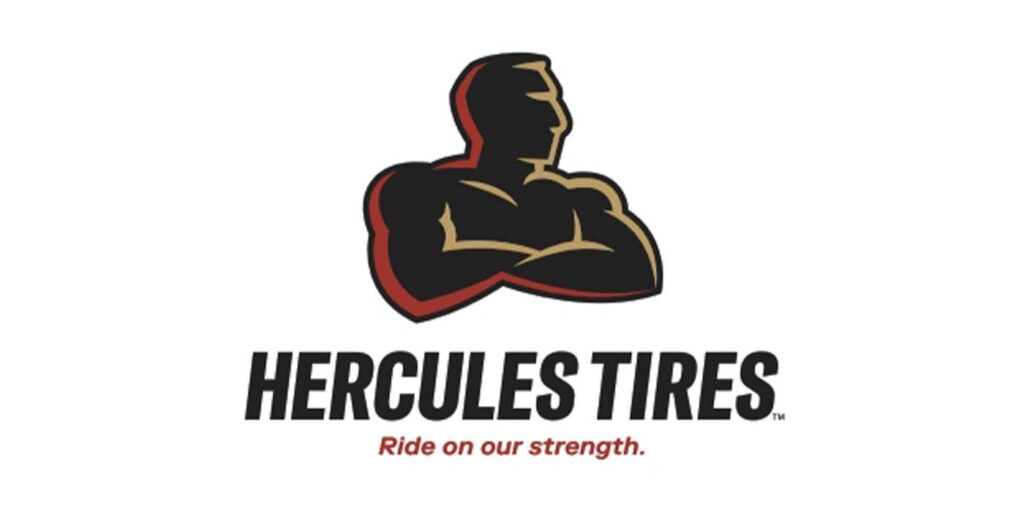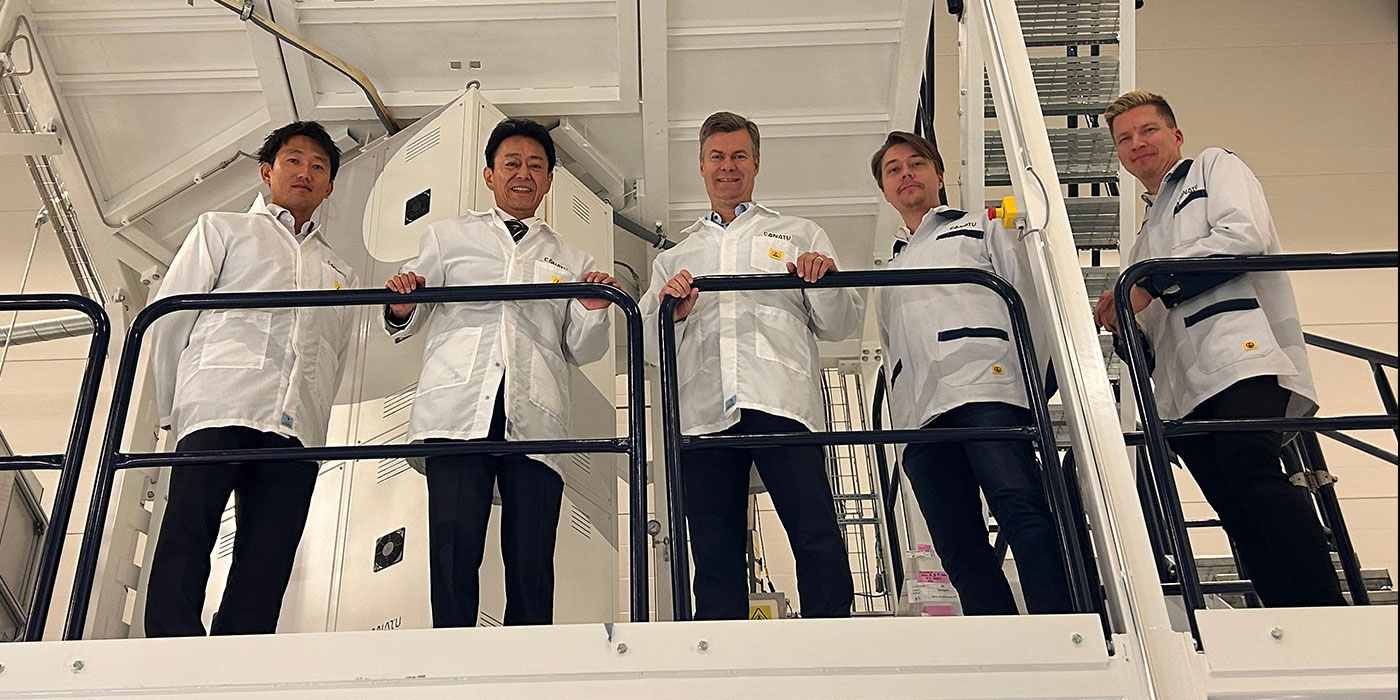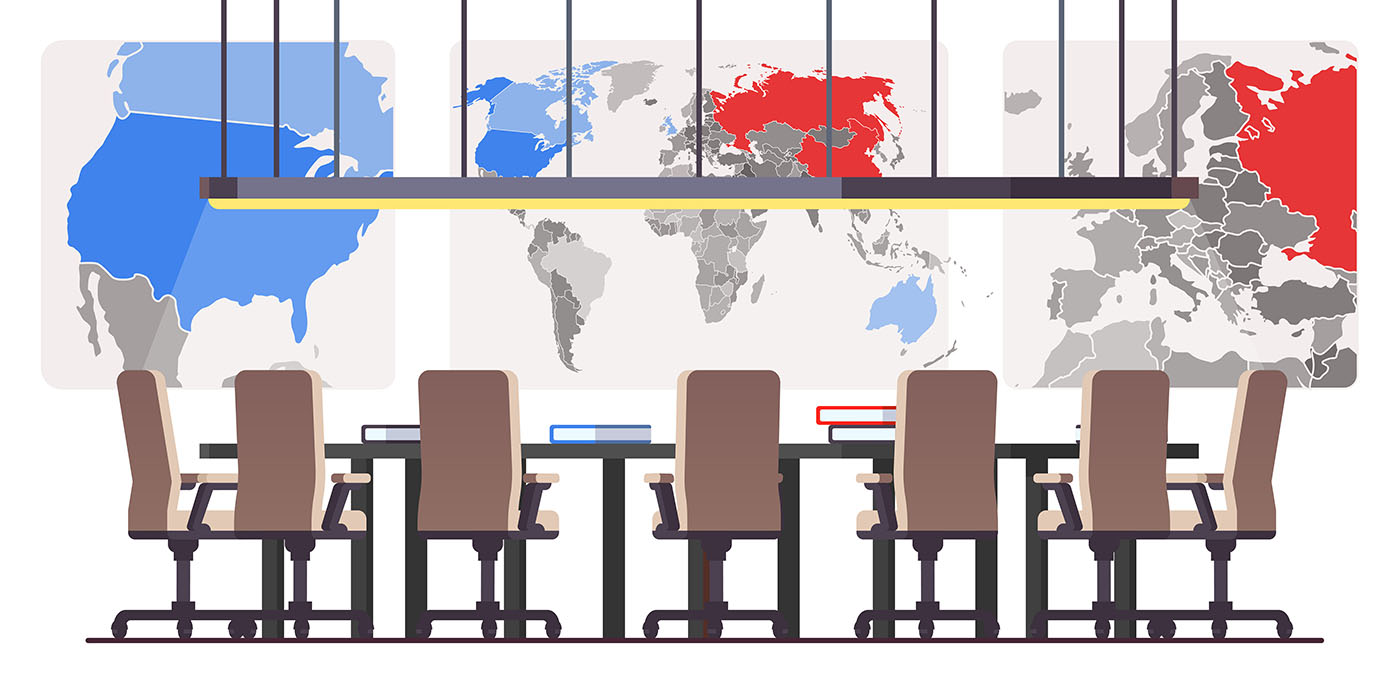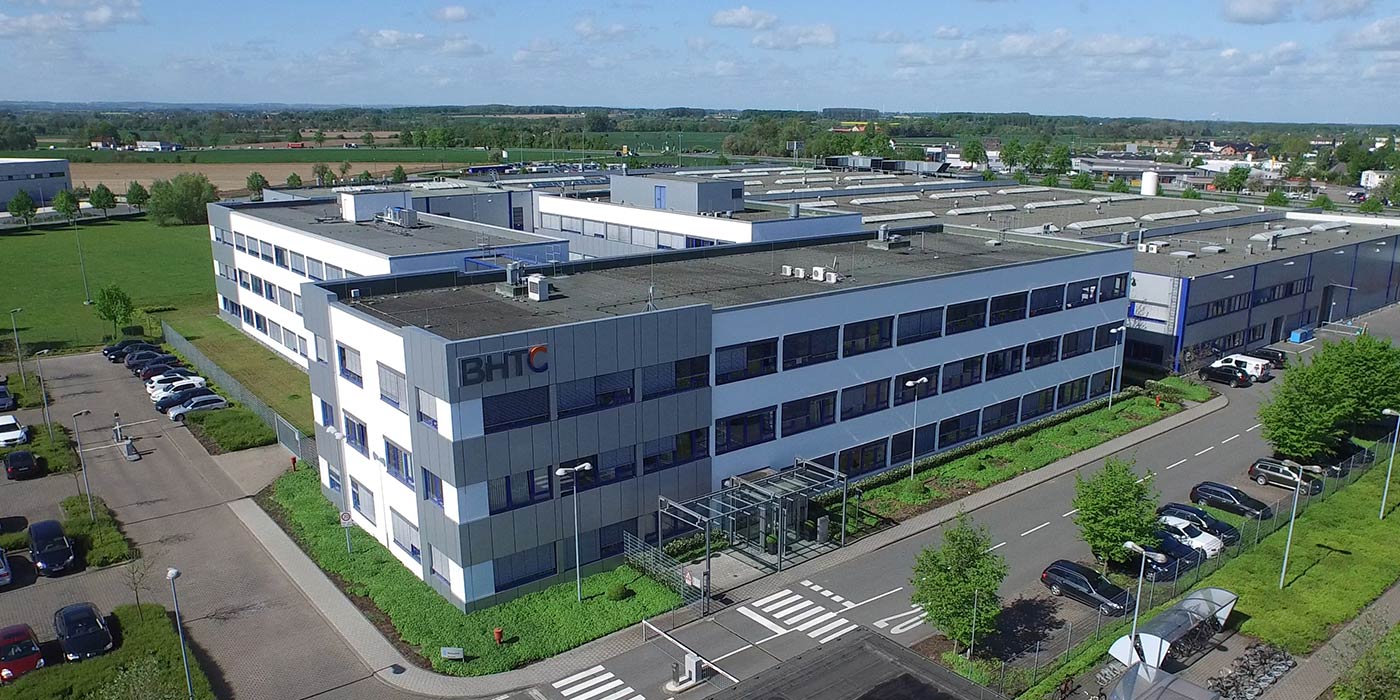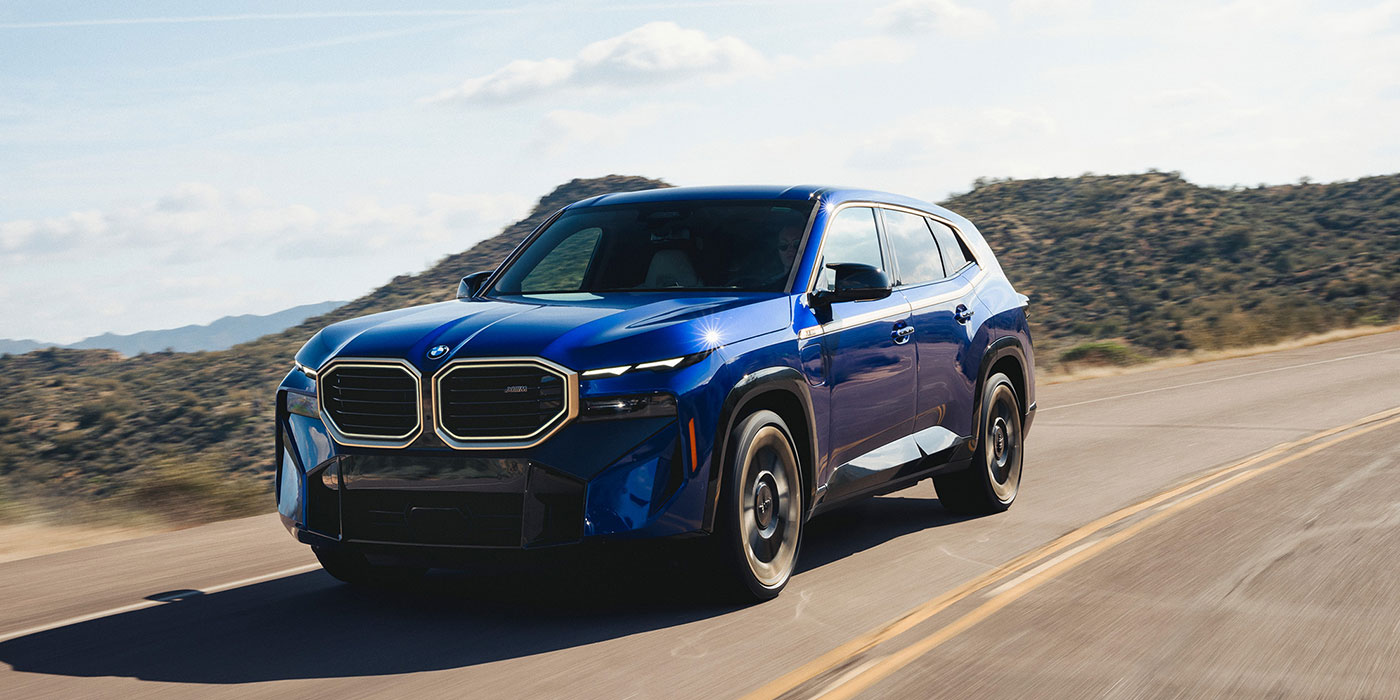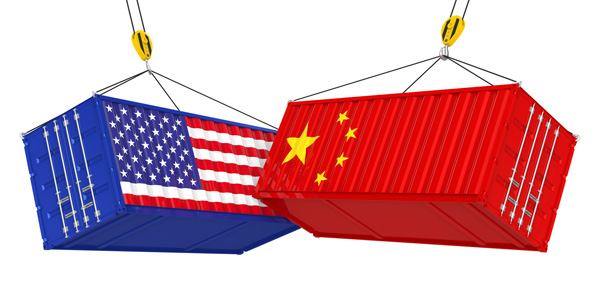
Resilience360 has released the results of a customer survey launched to assess the impact of the U.S.-China trade war for companies with global manufacturing networks. Among other findings, the results revealed that two-thirds (66%) of the nearly 300 customer respondents have been impacted by the business disruptions and significant operational challenges presented to them by the U.S.-China trade war.
Resilience360 surveyed global customers from a range of industries including life sciences, technology, automotive, mobility, engineering, manufacturing, consumer, retail, energy, chemicals, aerospace and transportation.
“The survey confirms what many have suspected — the volatility of the U.S.-China trade war has brought about considerable uncertainty for companies with global manufacturing networks,” said Tobias Larsson, CEO, Resilience360. “Successive tariff escalations, regulatory burdens and other non-tariff barriers have raised serious questions about how companies can adapt their supply chains to prepare for commercial risks amid escalating trade tensions.”
“This research provides our customers the ability to benchmark their own risk-planning efforts with industry peers, assess current contingency plans, adapt supply chain networks where needed and ultimately, protect the bottom line as global trade tensions continue to persist,” Larsson continued.
The U.S.-China trade war is a high-profile example of the type of supply chain disruption that Resilience360 helps companies monitor, mitigate and make contingency plans against. The supply chain risk management company predicts, monitors and mitigates disruptions both man-made and natural, including hurricanes, cyberattacks, labor strikes, protests and a rapidly changing regulatory environment.
Key findings from the study show:
Lack of contingency planning to mitigate risks
25.3 percent of respondents cited that they had not planned any contingency plans to mitigate the risks posed by the trade war. In particular, 47.6 percent of respondents from the engineering & manufacturing and 40 percent of automotive and mobility sectors declared that they had no contingency plans at all despite being industries heavily targeted in the trade war.
More than two-thirds of the total respondents are impacted by the trade war
Two-thirds of respondents (66%) indicated that they were either highly affected or somewhat affected by the challenges created by the U.S.-China trade war.
Tariff costs are the reason for relocating from China
The primary reason why organizations are considering either shifting production or relocating manufacturing activities out of China is the need to avoid tariff costs (57 percent), which is followed by market access and regulatory restrictions (33 percent), rising labor costs (31 percent), and increasing domestic competition from Chinese firms (13 percent).
India and Vietnam are the preferred destinations for rerouting production/manufacturing
India (11 percent) and Vietnam (11 percent) are the preferred options for respondents when looking to shift production or move manufacturing operations outside of China due to the trade war. Other major areas that identified include the European Union (7.7 percent), Mexico (6.7 percent), U.S. (6.5 percent), Malaysia (6.1 percent), Thailand (5.8 percent), Indonesia (5.5 percent), Cambodia (3.2 percent) and Japan (2.5 percent).
Regulatory restrictions/uncertainty also are a factor
For multinational companies with supply chain operations in China, more than half of the respondents view regulatory uncertainty and restrictions as being the largest non-tariff barrier (53 percent); followed by customs clearance delays (36 percent); increased inspections such as environmental, product review, or security audits (28 percent); and business licensing and administrative barriers (17 percent).
Resilience360 builds a model of a customer’s extended supply chain based on the company’s product bills of materials and supply chain partners, and then accesses millions of open source media sites to provide an accurate assessment of potentially disruptive events that can impact the supply chain. Machine learning is used to detect and classify risk events, monitoring millions of data points every day against risk-related conversations that are taking place across a given supplier base. Analysts are used to help verify that events truly are material and to improve the machine learning engine. The platform provides a comprehensive set of tools that evaluate and monitor supply chain risks with potential resolutions, which are then automatically routed to customers.
To download the full findings of the report, click here.
Resilience360’s risk mitigation tools provide businesses with the information they need for supply chain visualization, trade compliance and to help provide near real time monitoring of incidents. For more information, go to resilience360.dhl.com/.


